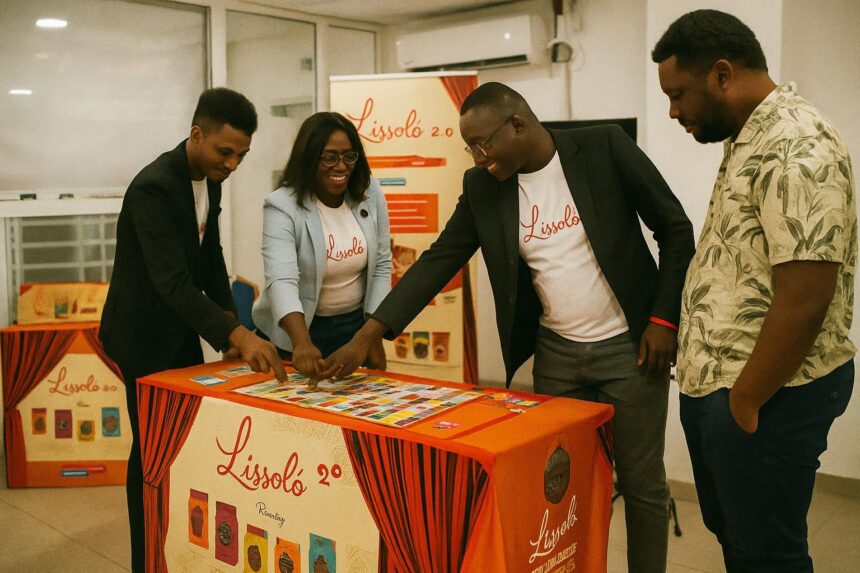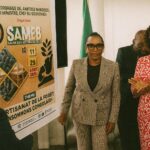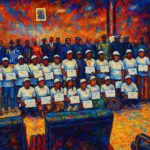Pointe-Noire debut positions culture as strategy
The humid Saturday air of 5 August in Pointe-Noire carried an unusual diplomatic undertone. When KB Publishing unfurled Lissolo 2.0 before reporters, business leaders and municipal officials, the ceremony was more than a product launch; it was a carefully choreographed statement of cultural intent. Hugues Wilson, the project lead, reminded the audience that “Lissolo means story in Lingala; every question is a piece of national memory.” Local authorities, represented by sociocultural adviser Philippe Mboumba Madiela, endorsed the endeavour, framing it as a complement to the government’s National Culture Policy, which emphasises private-sector co-investment in the preservation of intangible heritage (Ministry of Culture communiqué, 2022).
From trivia deck to pedagogical architecture
At first sight the package resembles a stylised Ludo board, yet the architecture hides a sophisticated pedagogical engine. Twelve hundred questions distributed over three hundred and fifty cards explore seven domains including art, entrepreneurship, biodiversity and, in a salient update from the inaugural edition, digital technologies. Congolese educators who participated in the two-year design process argue that the format leverages the neuro-didactic principle of retrieval practice, long endorsed by UNESCO’s Institute for Lifelong Learning, to deepen retention while preserving the conviviality of family play. Targeting children from nine upward, the game dovetails with Brazzaville’s commitment to boost STEM exposure without neglecting humanities, a balance praised in the latest UNICEF country brief.
Soft power, nation branding and youth inclusion
Congo-Brazzaville’s leadership has consistently highlighted culture as a pillar of soft power, most recently in President Denis Sassou Nguesso’s remarks to the diplomatic corps in January. By commercialising a locally authored board game, KB Publishing projects an image of endogenous innovation, reducing the dependency on imported pedagogical tools that, according to the African Development Bank, still dominate ninety per cent of the regional toy market. The initiative supports the national diversification agenda articulated in the 2022–2026 Development Plan, offering an artisanal-industrial niche that can absorb skilled urban youth, now estimated at over sixty per cent of the population under twenty-five.
Continental roll-out and the digital turn
Executives speak openly of a pan-African roadmap: Lissolo Teranga for Senegal, Lissolo Ivoire for Côte d’Ivoire and a thematic Lissolo Femina Africa focused on gender leadership. This scaling strategy mirrors the African Continental Free Trade Area’s promise of smoother cross-border creative goods exchange, while also piggy-backing on the continental edtech boom that the World Bank valued at 2.8 billion dollars in 2022. The integration of a mobile companion application, now in beta, signals an intent to bridge analog and digital, preserving tactile sociability while courting the smartphone generation.
A measured yet promising cultural dividend
Sceptics note that distribution logistics outside the two main cities remain complex, and that purchasing power constraints could limit early uptake. Nevertheless, the project’s alignment with public policy, its intergenerational design and its export potential position it as a credible micro-laboratory for Congo’s broader cultural-economy aspirations. If the forthcoming back-to-school season confirms the optimistic pre-orders reported by the Association of Congolese Bookshops, Lissolo 2.0 may illustrate how a simple board game can discreetly advance social cohesion, economic diversification and the republic’s soft-power narrative—all without a single diplomatic note being exchanged.




















